US and European policy is pushing Russia into China’s arms.
The crisis in Ukraine has plunged US-Russian relations to their lowest point since the Cold War. Crimea is now Russian territory. Although prisoners of war have been exchanged and both sides have agreed to pull back heavy weapons, the accord signed on February 12 in Minsk has failed so far to stop the fighting in eastern Ukraine. The city of Debaltseve has fallen into the hands of separatists. On February 22, a bomb exploded at a rally in Ukraine’s second largest city of Kharkiv, killing two people — the suspects are accused by the Ukrainian government as having been trained in Russia.
For Washington, the conflict between the West and Russia has become much more than a battle over Ukraine’s territorial integrity. It has become a provocation to the Western liberal international order that the US worked hard to create at the end of the Cold War; an order based on democracy, the rule of law and free markets. Russia has not gone down this road. Instead, it is now challenging the European security order, particularly the eastern European states.
Talk of a new Cold War has emerged in Washington political circles. Similar views are echoed in Russia. Konstantin Sonin, a professor at the Higher School of Economics in Moscow, says of the Kremlin’s thinking: “The country [Russia] is on a holy mission. It’s at war with the United States.”
In pushing to impose sanctions against Moscow (and possibly arm the Ukrainians), US policymakers seem to have given little thought to the long-term geopolitical impact of this rift on relations with China. If there is no viable solution to the Ukrainian conflict, we believe that the unintended “winner” of the crisis could well be Beijing. Here’s why.
China Rising
According to the International Monetary Fund (IMF), China has now surpassed the United States as the world’s number one economy as measured by purchasing power parity. Beijing is also engaged in a major military buildup. Like other emerging great powers in history — especially the US in the late 19th century — China seeks to emerge as the dominant power in its own region.
Russia is helping to fuel China’s rise. If the US and Europe don’t mend their adversarial relationship with Russia, China will be in a position to counteract the US even sooner.
Russia’s economy is tanking because of collapsing oil prices and Western sanctions. The World Bank now projects that Russia’s gross domestic product (GDP) will decline by 2.9% in 2015. And the European Bank for Reconstruction and Development estimates that Russia’s economy will shrink by close to 5% this year. In a desperate attempt to stave off economic disaster, Russia is turning toward Asia to sell its natural resources, obtain loans and forge new military arrangements.
In May 2014, for example, Moscow and Beijing signed a $400 billion gas deal. In November 2014, another framework agreement for gas supply to China was signed. In September 2014, then-US Defense Secretary Chuck Hagel pointed out that China and Russia were jointly developing new weapons systems. Russia’s trade with China is expected to increase to $100 billion this year from $90 billion in 2014.
The two-fold logic of this rapprochement is simple: China needs resources and Russia has them. Russia needs markets, foreign investment and money — and China has them.
Geopolitical interests also overlap. China does not want the South China Sea dominated by Americans. Russia does not want the West — the US and Europe — to penetrate what Moscow perceives as “its sphere of influence.” In short, Russia and China do not want a world dominated by the US. That much is clear.
At the same time, China and Russia are geopolitical rivals. Indeed for Russia, its links to China are a Faustian bargain.
In the short-term, Russia gains by selling oil, gas and other natural resources to China. In the longer-term, however, the consequence is to further strengthen the emergence of a China that seems fated to be Russia’s long-term competitor. Moscow is helping China to grow economically and become more powerful even as Russia itself is becoming weaker.
European leaders are rightly alarmed by the situation in Ukraine. The casualties are mounting and the Ukrainian economy is on the verge of collapse. A solution to the crisis needs to be found.
There is a lot of talk, especially in Washington, about the “post-Soviet space” — the former republics of the Soviet Union (like Ukraine) that gained independence following the Soviet collapse. American and European policymakers need to remember that the post-Soviet space was also the pre-Soviet space — the Tsarist Russian Empire. Russia still sees itself as the dominant power in a region where history and culture give it special interests. While the redrawing of Europe’s map, as US Vice President Joe Biden puts it, is unacceptable, it is a fact on the ground that will be difficult to undo. Despite understandable condemnations of the Russian moves, negotiations with Moscow should continue.
In the longer-term, the US needs to think about how to be a triangular great power. Most US strategic thinkers agree that it is China, not Russia, that poses the most significant 21st century geopolitical challenge to the United States. Strategy 101 would then dictate that Russia should be a counterweight to rising China.
But at the moment, US (and European) policy is pushing Russia into China’s arms. This, we would argue, is a geopolitical mistake. If the US-Russia rift is not healed, it is China that will be the winner.
*[This article was originally published by The Conversation.] ![]()
We bring you perspectives from around the world. Help us to inform and educate. Your donation is tax-deductible. Join over 400 people to become a donor or you could choose to be a sponsor.
The views expressed in this article are the author’s own and do not necessarily reflect Fair Observer’s editorial policy.
Photo Credit: Mexico70 / Mykhaylo Palinchak / Shutterstock.com
Support Fair Observer
We rely on your support for our independence, diversity and quality.
For more than 10 years, Fair Observer has been free, fair and independent. No billionaire owns us, no advertisers control us. We are a reader-supported nonprofit. Unlike many other publications, we keep our content free for readers regardless of where they live or whether they can afford to pay. We have no paywalls and no ads.
In the post-truth era of fake news, echo chambers and filter bubbles, we publish a plurality of perspectives from around the world. Anyone can publish with us, but everyone goes through a rigorous editorial process. So, you get fact-checked, well-reasoned content instead of noise.
We publish 2,500+ voices from 90+ countries. We also conduct education and training programs
on subjects ranging from digital media and journalism to writing and critical thinking. This
doesn’t come cheap. Servers, editors, trainers and web developers cost
money.
Please consider supporting us on a regular basis as a recurring donor or a
sustaining member.
Will you support FO’s journalism?
We rely on your support for our independence, diversity and quality.






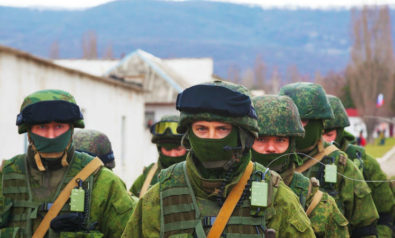

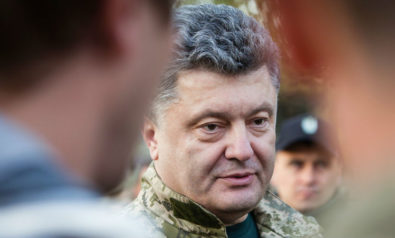
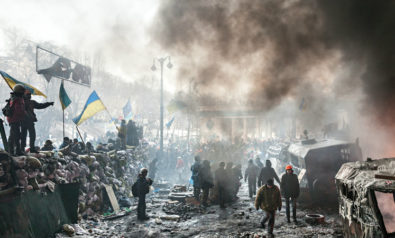


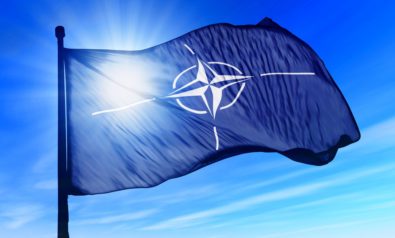

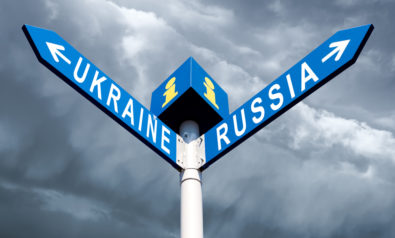
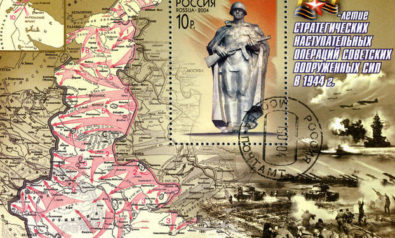
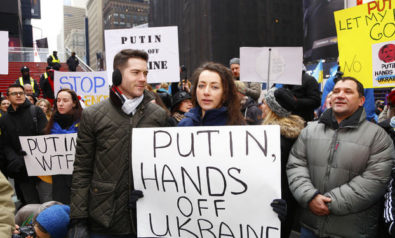

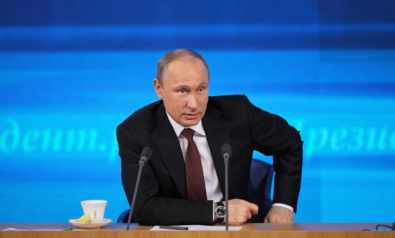
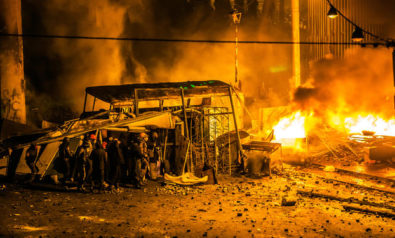

Comment